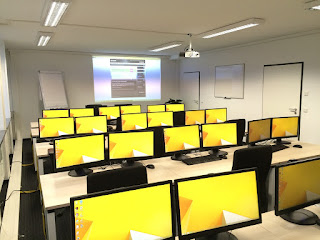Are principals of schools administrators, managers or leaders?
Principals of public schools whom I have referred to in previous articles as managers of schools are involved in the practice of public administration or what is now being referred to as public management. Since public administration [simply put] is government in action (Wilson, 1887) and since the business of public education is facilitated by government, then the heads of public educational institutions are doing the work of government which is public administration. Now the question as to whether or not these heads of public educational institutions are public administrators, public managers or leaders of schools is best answered by heads/principals of schools, I think. We are in an era when one of the major discourses in public administration centres on the need for leaders in government agencies to be managers rather than administrators. Management, the proponents of this view believe will lead to the achievement of results while administration is passive. It is concerned with


